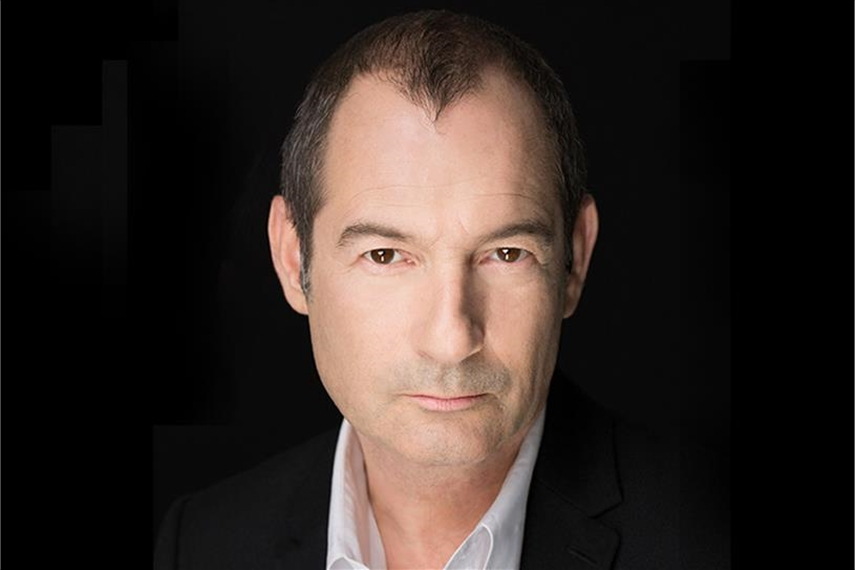
The Association of National Advertisers is missing the big picture when it comes to modern media buying, says Rob Norman, chief digital officer and North American chairman for GroupM.
In a widely circulated blog post this morning, Norman criticised the group’s recent Transparency report for overlooking the significant investments media agencies make in technology to deliver client value.
"The report, in as much as it mentioned technology, only mentioned the negative connotations," Norman said in a telephone interview after publishing his post.
What it failed to note is the significant role media agencies have played in "supporting clients through a time of technology-enabled radical change in consumer behavior and media consumption," he wrote.
"The demand for taking on technology in the industry has gone soaring up at the same time they are trying to squeeze the fees," he said in the interview.
In his column, Norman says the evolution of the media-buying business—namely, the investments in data, technology and analysis made by companies like GroupM— has fundamentally changed the nature of the commodity itself.
"This is a new class of media asset," he wrote. "It used to be that a page in Vogue was a page in Vogue was a page in Vogue," he said in the interview. "Now, what we’re doing is more like a culinary experience. There are the underlying raw ingredients, but those ingredients are transformed by the application of other things, specifically data from other sources and technology."
"As a consequence, it’s no more a piece of raw pasta," he said. "It’s more of a lasagna."
Clients can pay a premium price for this new asset, or choose a principal trading model in which agencies accrue inventory on their own and sell it back to the client at a guaranteed price. The trading model ultimately work for both parties, he contends, and does not affect those who do no opt-in to that model—something the ANA report failed to grasp.
"These models are developed on the basis of marketplace insights into supply and demand dynamics and not the leverage of client volumes," Norman wrote. "The ANA Report does not concede that this is possible and inaccurately suggests such models must be at the compromise of value due to clients."
"Media service companies accept many risks including intellectual property liability on behalf of clients," he continued. "In turn, it is our right to assume our own risks to the benefit of our own business especially when they only reward us if they reward the advertiser."
The column does not directly address the issue of rebates, which was the prime subject of the 58-page report, released on June 7th. "I intentionally made no mention of rebates," Norman said in the interview. Instead, he hopes the column will help evolve the conversation beyond matters of rebates and transparency.
"To spike the creation of value in the alleged interest of transparency is a mistake for everyone," he said.
The ANA did not immediately respond to a request for comment.
(This article first appeared on CampaignLive.com)


+(900+x+600+px)+(3).png&h=334&w=500&q=100&v=20250320&c=1)
+(900+x+600+px).jpg&h=334&w=500&q=100&v=20250320&c=1)
.jpg&h=334&w=500&q=100&v=20250320&c=1)


.jpg&h=334&w=500&q=100&v=20250320&c=1)
+(900+x+600+px).png&h=334&w=500&q=100&v=20250320&c=1)

+(900+x+600+px)+(1).png&h=334&w=500&q=100&v=20250320&c=1)

.jpg&h=268&w=401&q=100&v=20250320&c=1)

.jpg&h=268&w=401&q=100&v=20250320&c=1)
.jpg&h=268&w=401&q=100&v=20250320&c=1)



